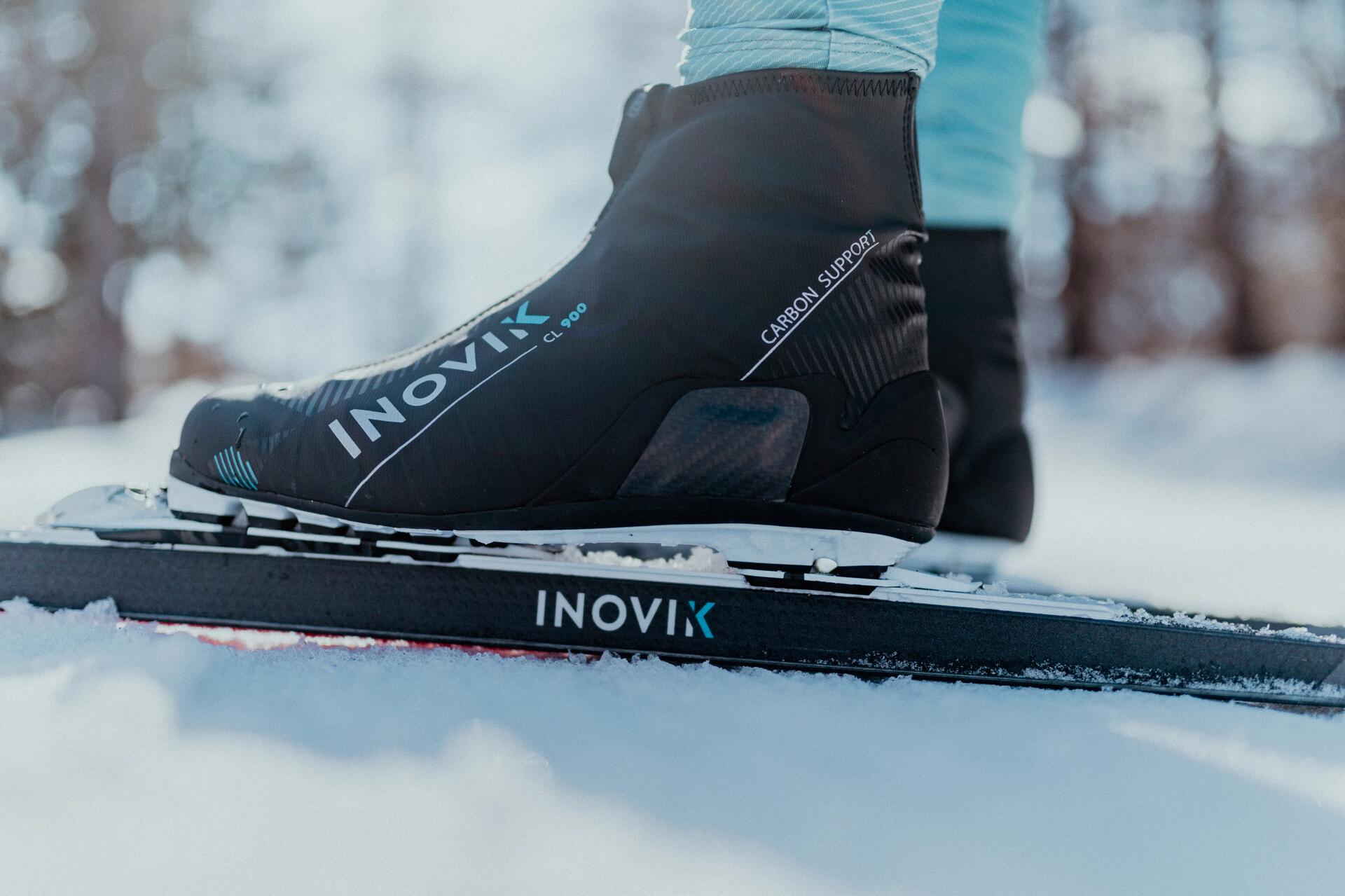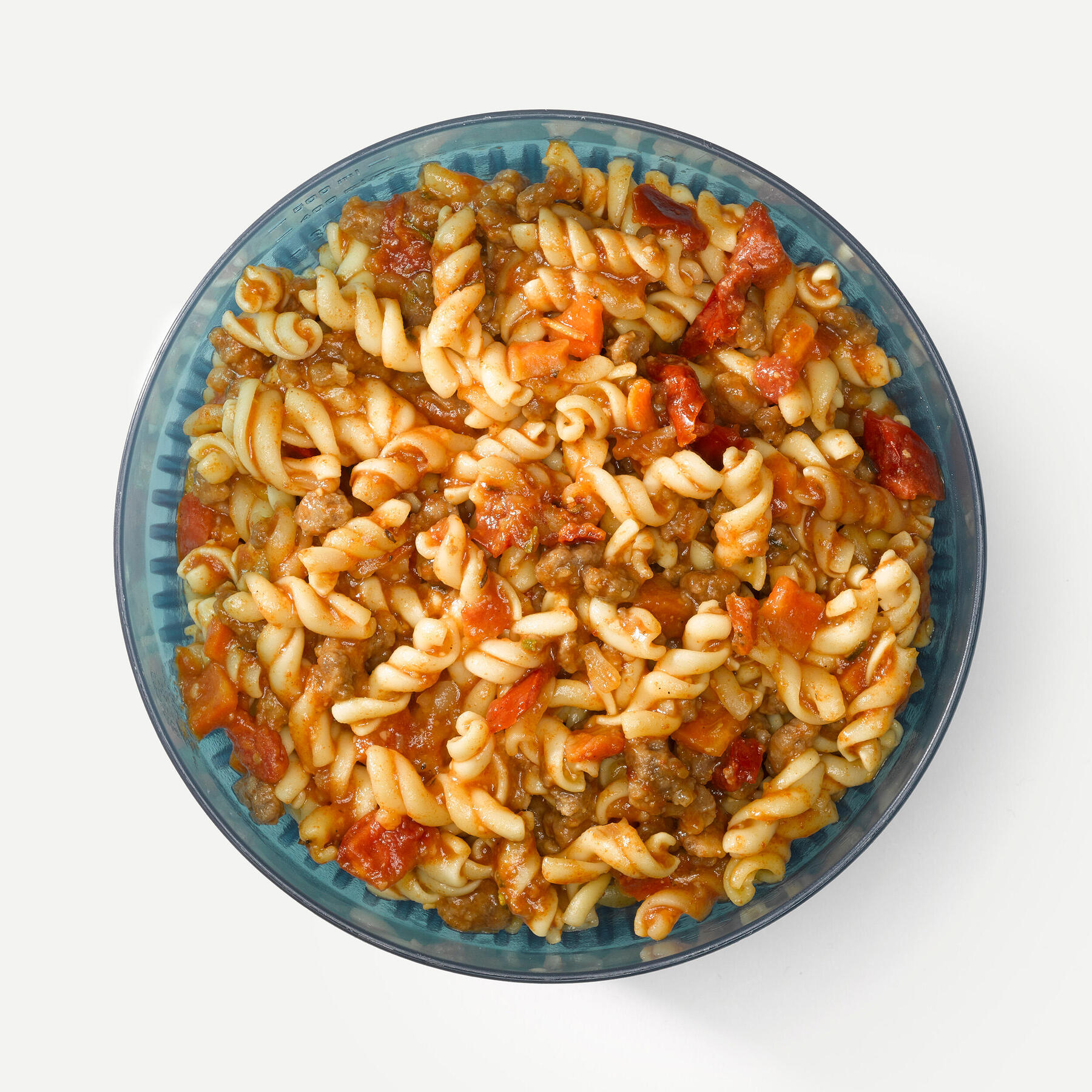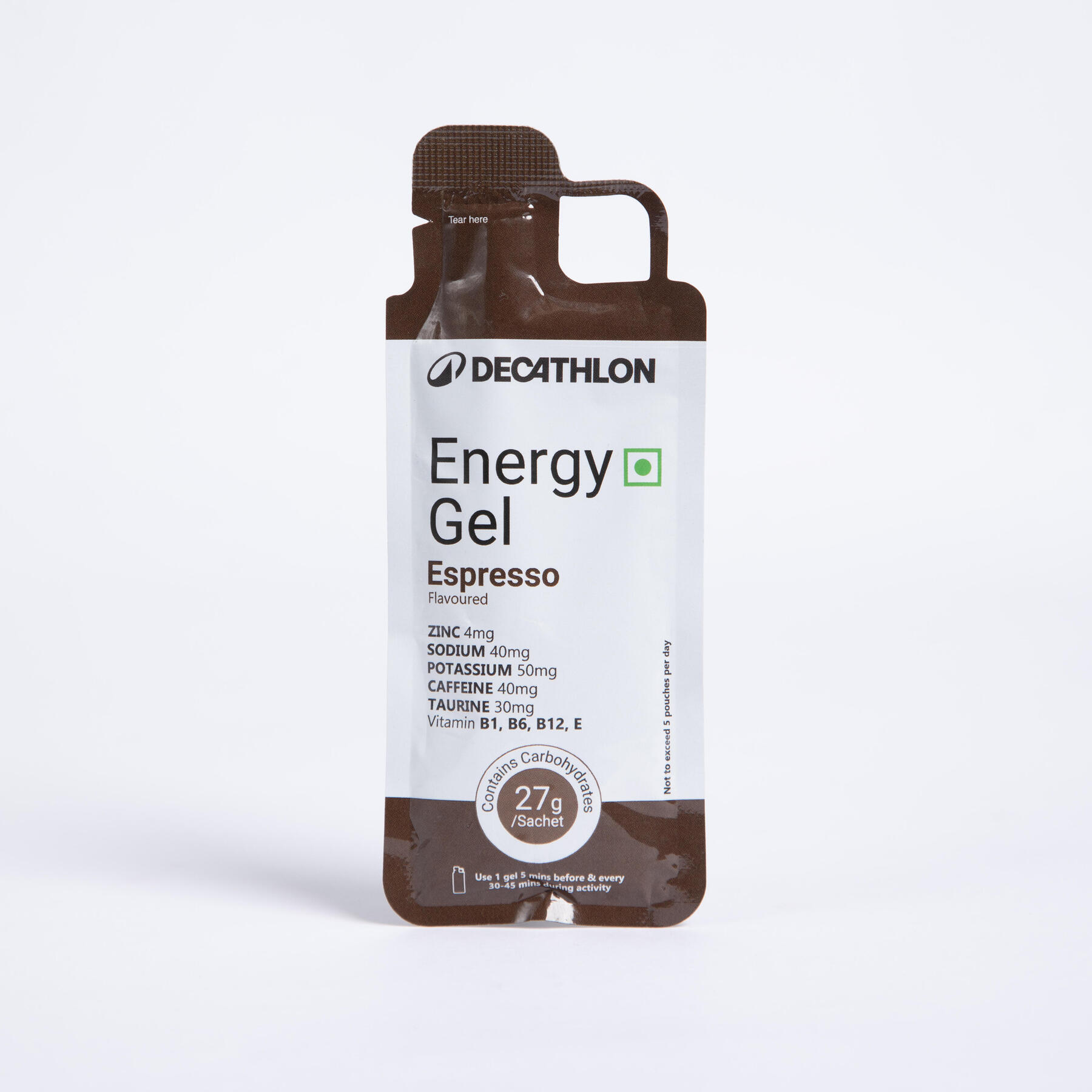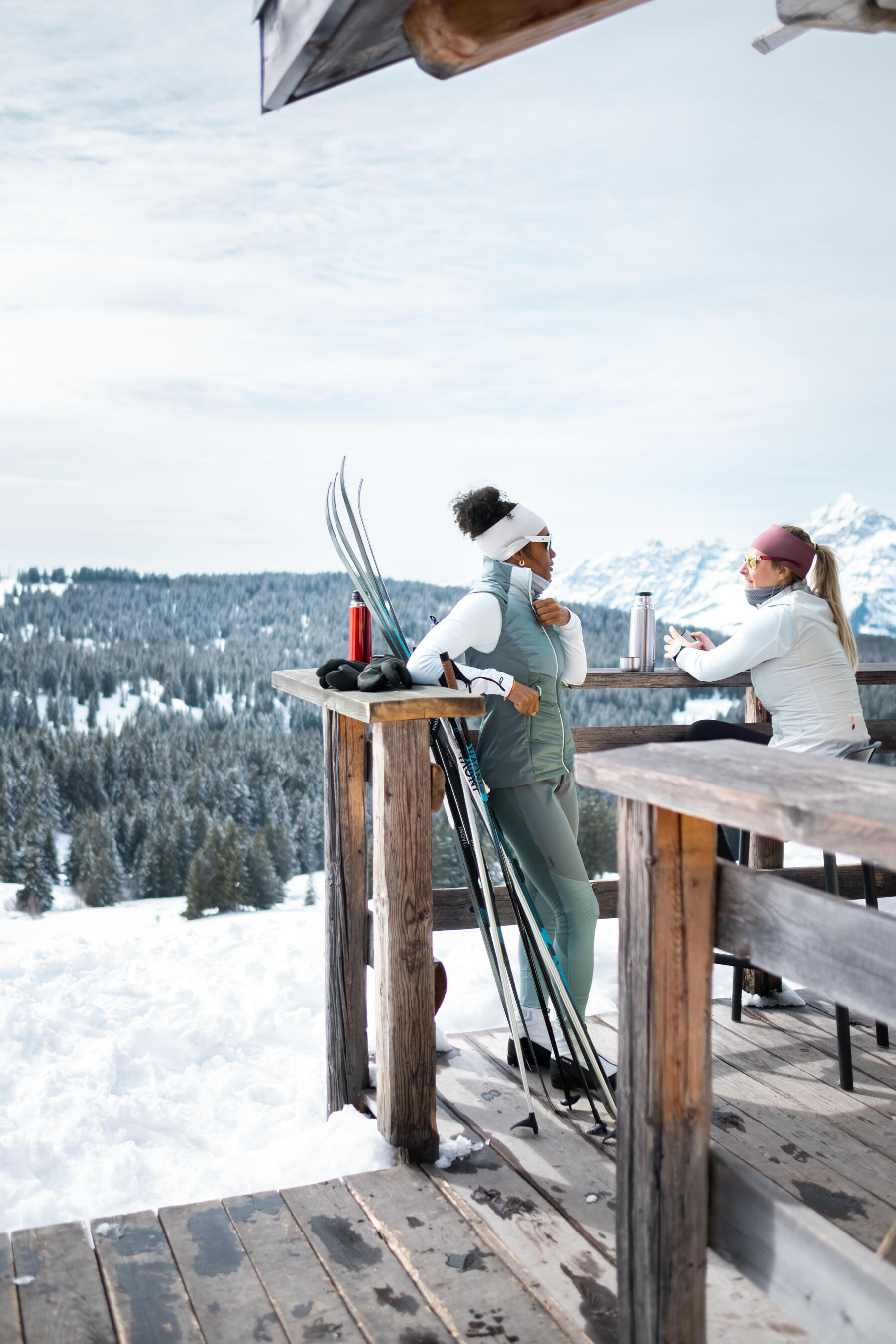Before the race
Your muscles and brain get most of their fuel from carbohydrates during exercise. Make sure to prep accordingly:
- 3-4 hours before the race: Eat a regular-sized meal if your stomach and nerves allow it. Liquid foods like smoothies are a good option if you tend to not tolerate solids well when you're nervous.
Choose carbohydrate-rich foods to top up your energy levels, and limit foods that are high in fat and fibre to avoid stomach discomfort leading up to the race.
How much carbs should you eat? Aim for 3-4g of carbohydrates per kg of body weight. For example, if you weigh 60kg (132lb), this would represent 180-240g of carbs.
What that means for your meals:
- 1 cup of oatmeal + 1/2 cup of apple sauce + 2 Tbsp. honey + 1 cup of milk + 2 cups of a sports drink or juice (total: approx. 180g of carbohydrates)
- 2 cups of white pasta with tomato sauce + vegetables + 100g chicken breast + 1 granola bar + 1 fruit + 2 cups of juice or a sports drink (total: approx. 200g of carbohydrates)
- 1 hour before the race: have a snack that contains 1-2g of carbs per kg of body mass.
Make sure to choose familiar foods that you know work for you, like a sports drink, an energy bar or a banana.



